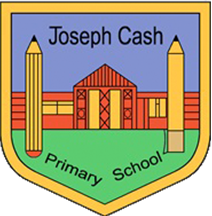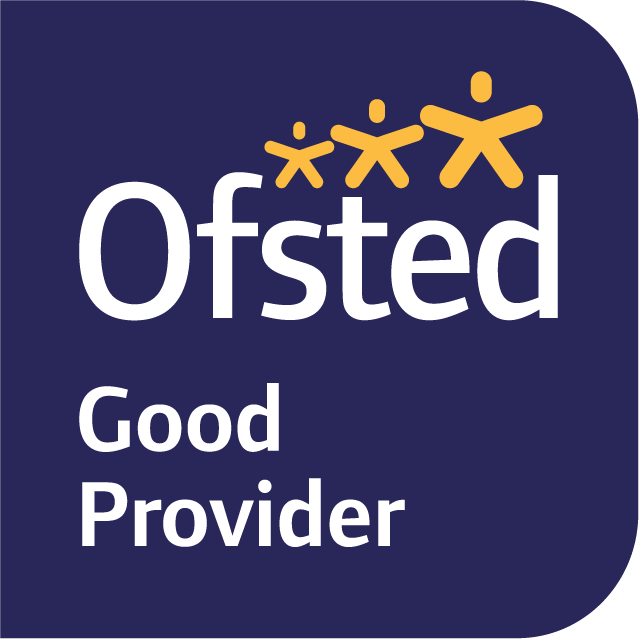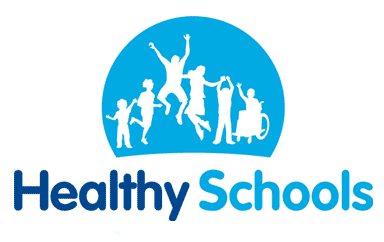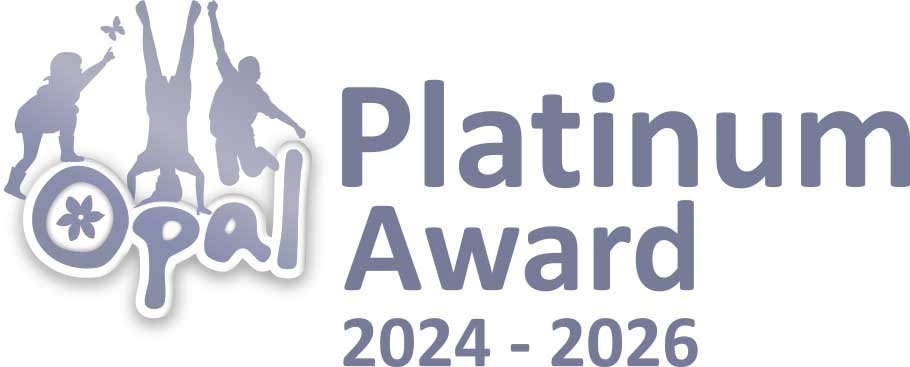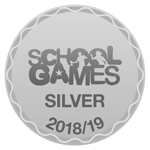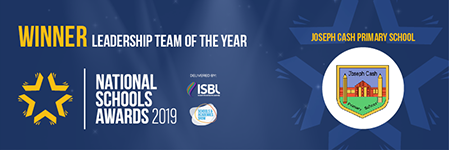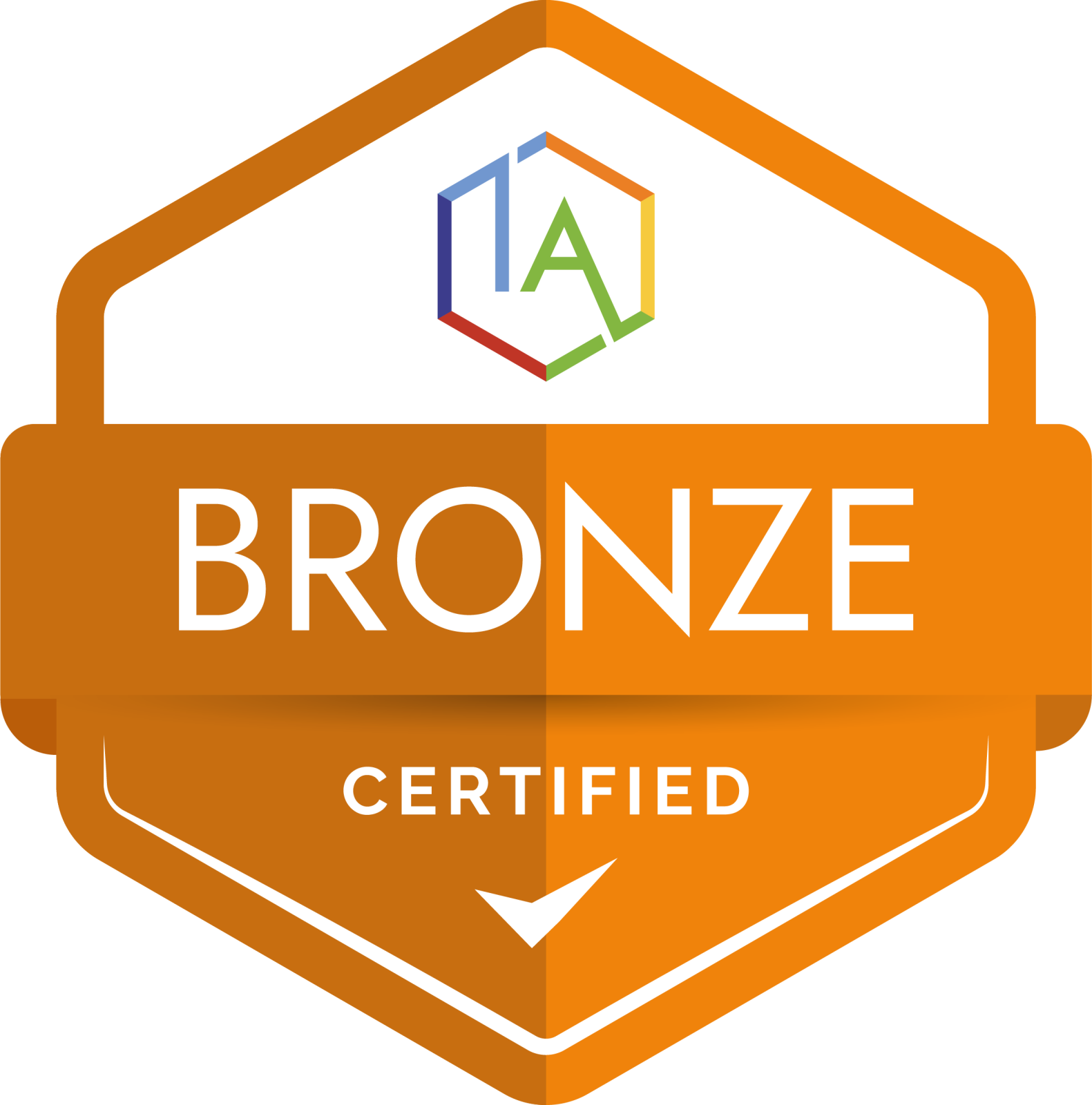English as an Additional Language
School Context
Joseph Cash is a larger than average primary school. Pupils are admitted into school from 2 years of age. Our school is situated in a culturally rich area. We are proud to welcome children from many different countries, religions and ethnicities “ we serve a wonderful rich and diverse community.
At Joseph Cash over 45 different languages are spoken, 61% of children speak English as an additional language. Currently, English, Panjabi, Romanian, Tamil, Urdu, Polish and Kurdish are the largest language groups across the school .
Due to excellent provision, pupils who enter school with low levels of English catch up quickly and our school systems for early support, ensures that these pupils acquire appropriate language skills to be able to meet national expectations.
What if English isn't our first language?
If English isn't your family's first language, you may worry how your child will cope in an English-speaking school.
Schools are used to helping families where English is an additional language. A recent survey found that one in seven primary school pupils learns English as an additional language.
There is lots of evidence that bilingual children can do well at school. However, they - and you as parents - will need extra help, especially in the early days.
How can I help my child?
Your interest and involvement in your child's learning are the best ways you can help.
If you don't speak English the school should be able to provide an interpreter for parent-teacher meetings so you can find out what's going on.
Tell your child's teacher about their previous education. What kind of school did they go to? Which subjects does your child find easy or difficult? What did they like/dislike about their last school?
At home, talk to your child about what happens at school. Encourage them to teach you their new English skills - you could keep a notebook together with words in your first language, the English translation and how to say the words.
Your child is likely to pick up English very quickly - especially if they're primary school age. Studies show that being bilingual means your child is more likely to learn well and do well at school - it can be an advantage.
What help is available?
Current policy is to integrate new children into the classroom as quickly as possible, even if they have little English. In some schools, complete beginners are placed in special classes for English tuition for some periods, or full-time for the first few weeks.
After this, children are supported in the classroom. Our school employs a number of bilingual teaching assistants, these staff members currently support children across school whom speak the same first language.
Everyone involved - parents, teachers and pupils - should be aware that knowing little English does not mean a lack of potential to learn.

